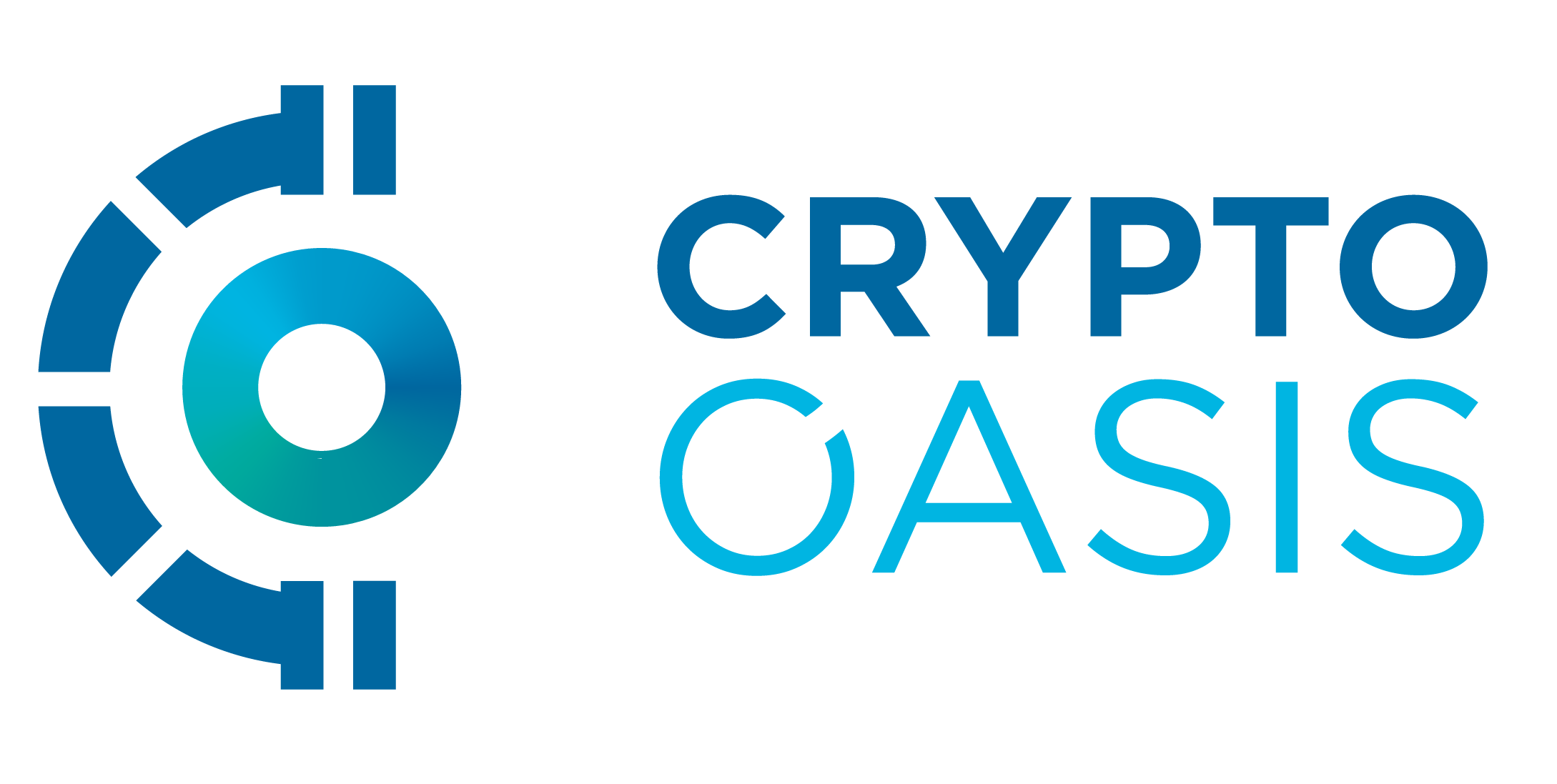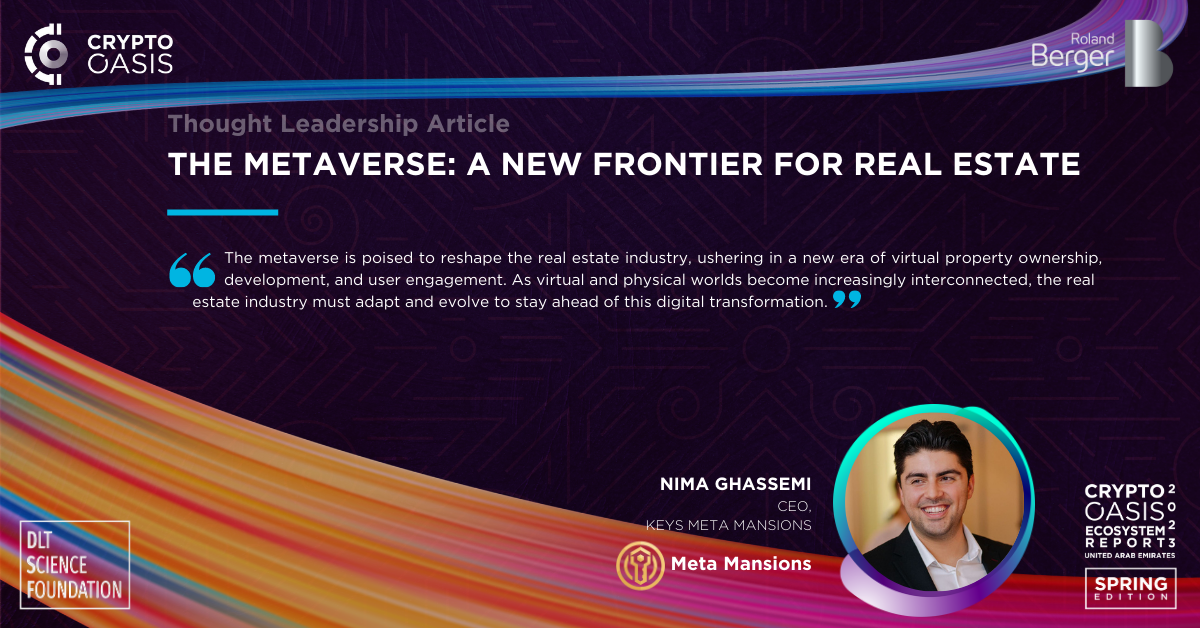As we stand on the cusp of a new age in technology, the Metaverse – a virtual experience consisting of interconnected digital spaces – promises to revolutionise the way we interact, work, earn, play, and live. At the heart of this paradigm shift is the impact on the real estate industry, as virtual spaces become increasingly valuable and scalable beyond physical limitations (and regulations).
The Metaverse’s impact on real estate is taking shape rapidly, as people buy and sell virtual land, properties, and relevant assets. This shift in how we perceive value and space is not just an opportunity for real estate investors and developers, but a chance for the real estate industry to redefine itself and adapt to an increasingly digital world. One start up set to disrupt the real estate market is Meta Mansions, which recently launched their Metaverse product and generated more than $10mn in 5 hours of their NFT sale, showcasing the demand for this new emerging industry and its implications for future disruptions. This exemplifies the fact that virtual real estate is more than a new asset class; it’s a new experience for younger demographics who may not be able to deal with the real estate market due to high barriers to entry.
As the Metaverse evolves, virtual real estate is emerging as a new asset class especially for the younger generation. In these virtual worlds, users can buy, sell, and trade digital properties, similar to how they would in the physical world; all of these transactions are verified on the Blockchain, showcasing the benefits of integrating Blockchain technology into physical real estate transactions. Virtual properties can be developed, monetised, and transformed to cater to various needs, such as virtual offices, galleries, or entertainment venues.
Virtual real estate offers several advantages over traditional real estate. It is not subject to geographical constraints, enabling users to create and access virtual spaces from anywhere in the world. Additionally, virtual properties can be built and modified without the limitations of physical construction, making it easier for developers to experiment and innovate. Furthermore, the Metaverse is not just about creating a separate virtual world, but rather, it aims to blend the virtual and physical realms seamlessly. The integration of augmented reality (AR) and virtual reality (VR) technologies will facilitate this convergence, allowing users to experience virtual spaces in a more immersive way.
In the near future and aligned with Meta Mansions business plans, the Metaverse could offer real estate professionals new ways to showcase properties and provide virtual tours, enabling potential buyers to experience a property without physically visiting it. Moreover, businesses may establish virtual offices or storefronts in the Metaverse, blurring the lines between physical and virtual spaces and opening up new possibilities for remote work, collaboration, and commerce.
One of the most significant aspects of the Metaverse is its decentralised nature, which has the potential to democratize access to real estate opportunities. Blockchain technology underpins many Metaverse platforms, enabling secure, transparent, and decentralised transactions for virtual real estate. By removing intermediaries and reducing entry barriers, the Metaverse could level the playing field and enable a wider range of participants to invest, develop, and engage with virtual real estate. In turn, this could foster greater creativity, collaboration, and innovation within the industry.
To be transparent, the Metaverse’s impact on real estate goes far beyond economics and technology, as it also presents an opportunity to address sustainability concerns. As the world deals with climate change, urbanisation, and resource constraints, virtual spaces can provide alternative solutions that reduce the environmental footprint of real estate development. This is a new emerging trend that many developers are taking advantage of.
By enabling users to work, play, live, and interact in virtual environments, the Metaverse could potentially reduce the demand for physical space and the associated resource consumption. Furthermore, the Metaverse offers a platform for sustainable urban planning and design, allowing architects and planners to experiment with new, eco-friendly concepts and ideas.
In conclusion, the Metaverse is poised to reshape the real estate industry, ushering in a new era of virtual property ownership, development, and user engagement. As virtual and physical worlds become increasingly interconnected, the real estate industry must adapt and evolve to stay ahead of this digital transformation. Those who fail to recognise this change will ultimately fade away from consumer minds and become irrelevant in the next decade.

